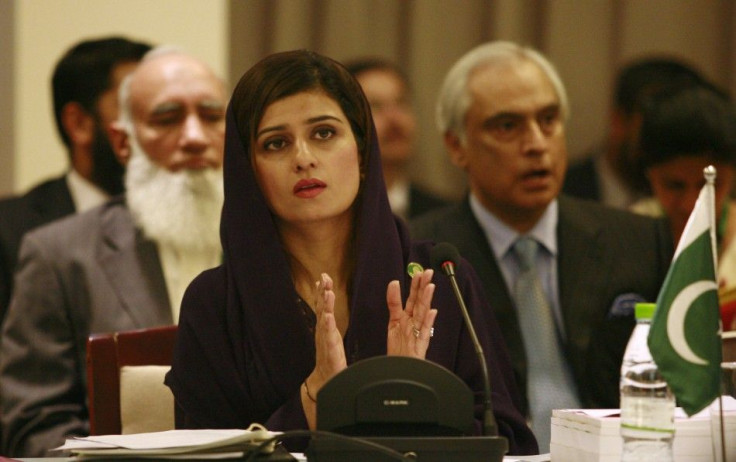India, Pakistan Leaders Vow “New Chapter” in Troubled Relationship

Leaders of the Asian subcontinent gathered in the Maldives Islands in the Indian Ocean to discuss various political, economic and social topics that affect nearly two billion people in the region.
The South Asian Association for Regional Co-operation (SAARC) is comprised of eight heads of state of South Asia.
At the top of the agenda is the relationship between India and Pakistan, the historic nuclear enemies who have recently renewed peace talks.
Yousuf Raza Gilani, the Prime Minister of Pakistan and his Indian counterpart , Manmohan Singh, have vowed to introduce a new chapter between the two countries, after holding an hour-long meeting.
The next round of talks will be more positive, more constructive and will open a new chapter in the history of both countries, Gilani told reporters.
“We should build on convergence, minimize divergences and most of all seek to augment complementarities for the greater good of the people of this region.”
The time has come to write a new chapter in the history of our relationship,” Singh said.
We have today had a very extensive discussion, and we welcome some positive movement but more needs to be done. The next round of talks should be far more productive and far more practical-orientated in bringing the two countries closer.
Bilateral peace negotiations between Islamabad and New Delhi were disrupted after the terrorist attacks in Mumbai in 2008 – which killed 165 people -- and which were blamed on Pakistani militants.
New Delhi wants Pakistan to crack down harder on militants within its midst.
Indeed, Pakistan’s interior minister, Rehman Malik said that Mohammad Ajmal Amir Qasab, the sole surviving Mumbai gunman, should be hanged.
Qasab is a terrorist. He is a non-state actor. He should go to the gallows, Malik told reporters in the Maldives.
Meanwhile, Pakistan’s foreign minister Rabbani Khar, who is also attending the meeting, noted that while relations between the two nations are slowly improving we have many, many more miles to move ahead.”
India’s foreign minister SM Krishna said it is necessary for Pakistan to work out a joint strategy with India in order to fight terror.
Pakistan recently granted “most favored nation” trading status for India, a measure which is hoped to escalate commerce between the two states.
On Thursday, India agreed to adopt a ‘Preferential Trade Agreement’ which will lead to zero custom duty on all goods traded between the two nations by 2016.
One of the most difficult issues between India and Pakistan is the northern province of Kashmir – which both countries claim in its entirety and which they have already fought two wars over.
Nonetheless, Gilani expressed optimism.
“We must enable SAARC to capture the imagination of our peoples and contribute to creating strong mutually beneficial bonds as this alone will assure a glorious future of peace and prosperity,” he said.
“Pakistan completed its democratic transformation and is now well on its way to realizing democracy’s dividends by pursuing development at the grass roots level. We must strengthen regional cooperation through sharing of experiences, best practices and establishing institutional linkages.”
© Copyright IBTimes 2024. All rights reserved.





















